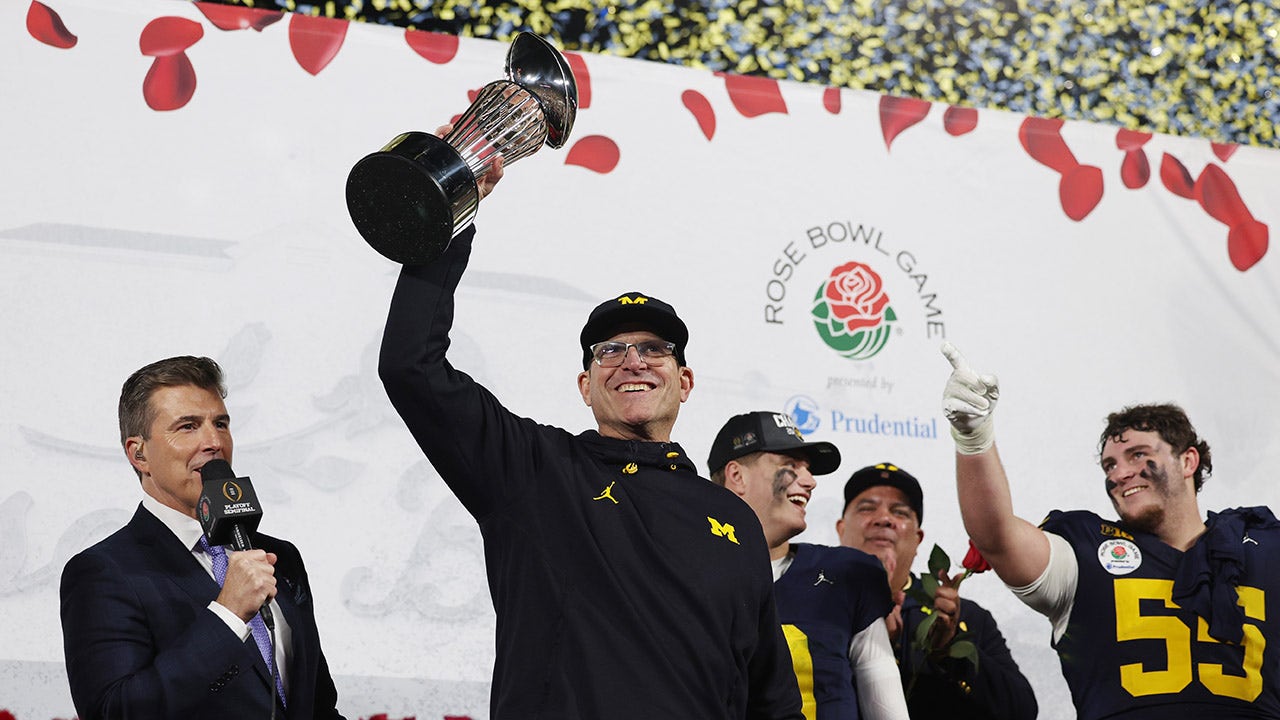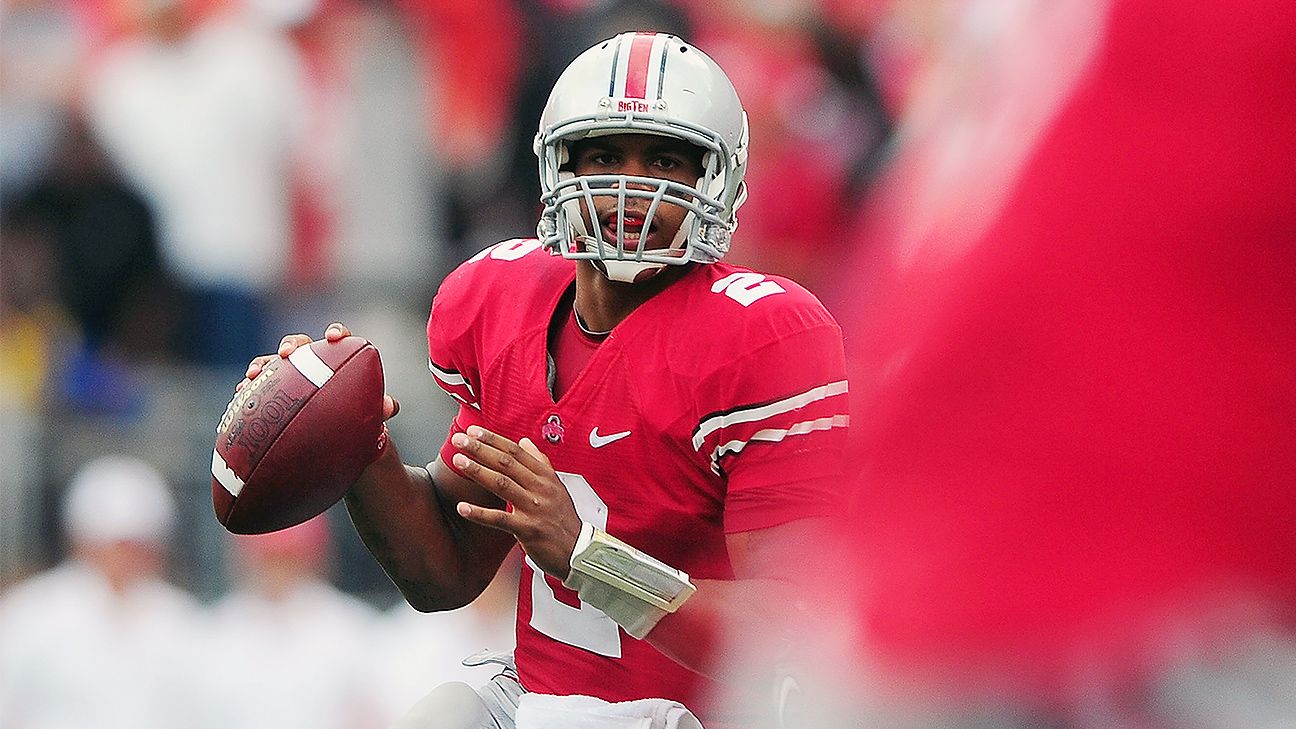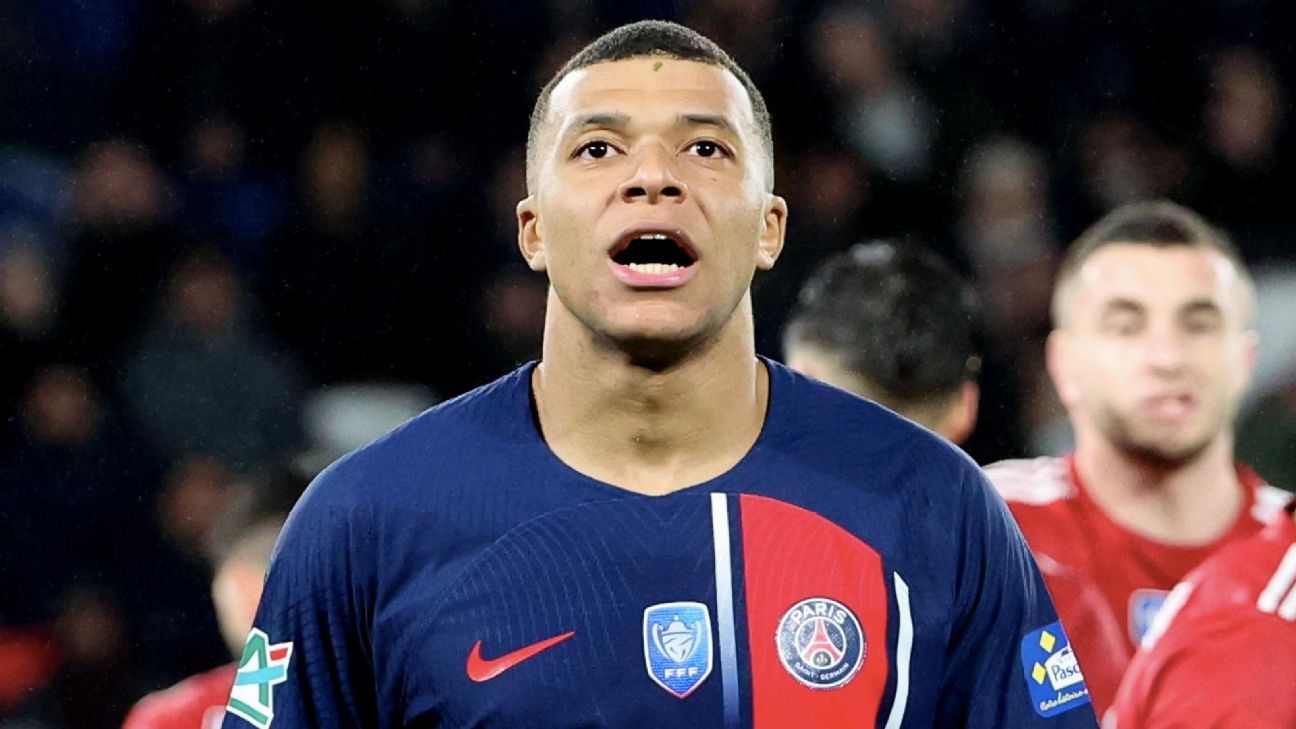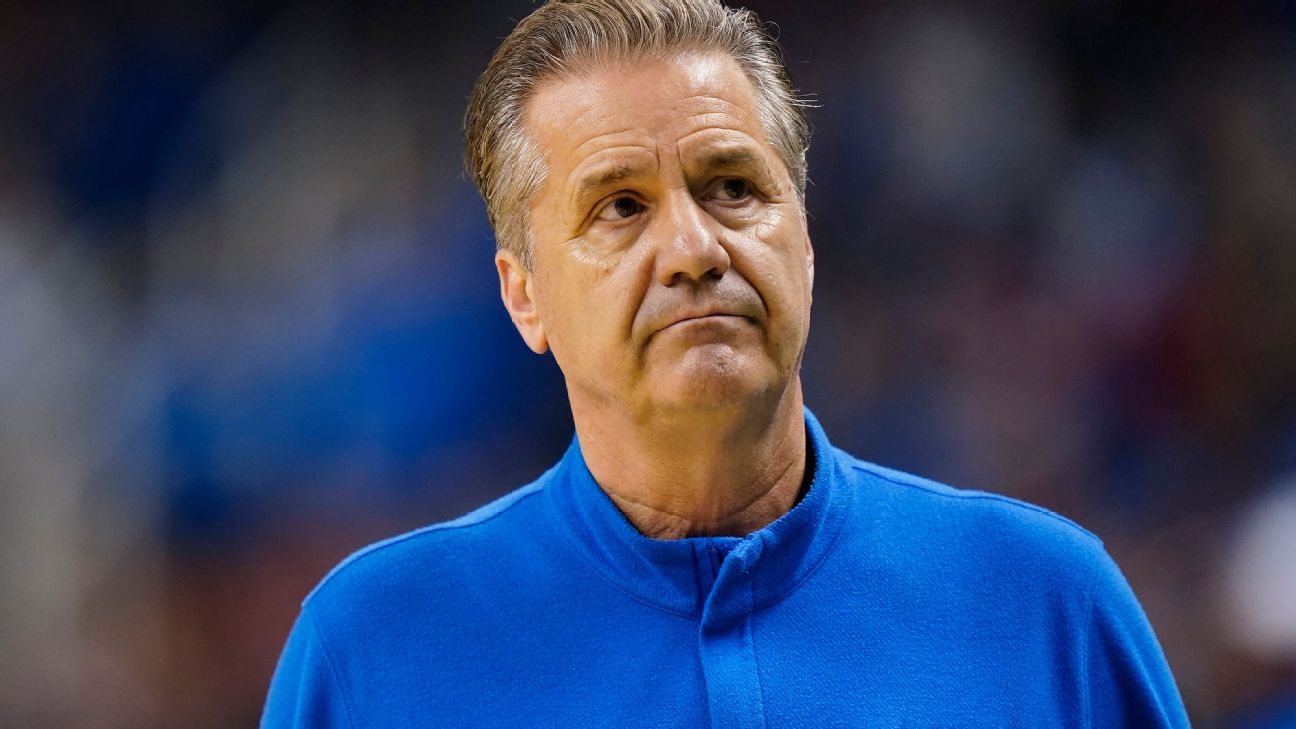A FIFPRO report has found that top-flight footballers are under increasing “mental stress” due to workload, with Erling Haaland’s “mechanetic” start to his season with Manchester City demonstrating the need for an extended period of rest.
Haaland, 24, has started the Premier League season with seven goals in three games for Pep Guardiola's side after being given a full summer break due to Norway failing to qualify for Euro 2024.
On the other hand, however, both Jude Bellingham (Real Madrid) and Phil Foden (City) have already missed club games through injury or fatigue this season after their Euro 2024 campaign with England lasted until the final in Berlin on July 14.
Haaland, Bellingham and Foden will all play in the FIFA Club World Cup at the end of this season (a 32-match tournament in the United States that ends on July 13, 2025), making it the longest club season in history.
FIFPRO research has found that elite footballers now have just 12% of the calendar year free – less than one day a week – and former City striker Julian Alvarez, now at Atletico Madrid, emerged as the world’s busiest player last season with 75 appearances and 83 match-day squad inclusions for club and country.
And after surveying Premier League stars, Maheta Molango, chief executive of England's Professional Footballers' Association (PFA), said Haaland's start to the season shows why players need more rest.
“I was surprised by the difference in response between people who had a proper vacation and those who didn't,” Molango said. “And the body language and the words they chose when talking to us made a big difference.”
“For us in England, we have a very clear example in Erling Haaland. It was very nice to go into a dressing room and hear someone [Haaland] tell you: 'I missed coming back, I missed being able to train again and I'm eager, I'm motivated, I'm here'.
“That was in pre-season and now you can see the results. I mean he's getting back to the same player we saw when he first joined us in England and I think it's probably very similar to what happened with Mohamed Salah – he's had the proper rest as well and you can see he's the best version of Mo again.
“It was very revealing for me to see the comments from people who had had enough rest, how they were expecting to come back and how they are performing right now from the comments from people who hadn't had any rest. They looked shattered. They looked tired even before the season started, which for us is very worrying.”
While the number of games played by top players is increasing, FIFPRO said it believes the true measure of a footballer's activity should now be measured in team appearances (matches played and those travelled to as a member of the squad) due to the demands placed on players by mental stress and physical demands.
“It's a big step forward for us to look at inclusion in the squad rather than just match minutes,” said Darren Burgess, FIFPRO advisor and former performance coach at Liverpool and Arsenal. “Because before, if you saw Phil Foden coming off the bench for seven minutes, you'd think, well, that's not that much.”
“But the game could be a European game at 20:00 or a cup game in midweek. He has had to travel, possibly to another country, for that. Most of the time, when you travel for European games, you either stay in that country overnight and come back at noon the next day or, even more commonly, you travel, because the players want to sleep in their own bed and often arrive later than three or four in the morning.
“So for seven minutes of the game that player, in this case Phil Foden, would experience the full stress of travel, lack of sleep, the impact of having to train the next day.
“So it's really a much better and more holistic metric than just match minutes, because stress on the body is what we know, but what the research now tells us, because we can measure it, is that mental stress is equal to physical stress and we can look at the brain with an fMRI and know that.
“These players are clearly under a lot of mental stress watching the game, wondering whether they're going to come on or off the bench. Lack of sleep translates into poor performance and also risk of injury. So it's a much more accurate metric.”
FIFPRO and players' unions from Europe's top leagues launched legal action against FIFA in June, accusing the world governing body of “abusing its dominance” in the game.
The case is ongoing and could still impact the Club World Cup. PFA chief executive Molango added that the number of games imposed on the top clubs makes this a “defining” season for the future of football.
“This season is going to be the make-or-break season,” Molango said. “This season is going to be the season where this just doesn't make any sense no matter how you look at it and that's why it's so important that we talk about it this season.
“For several years and months we have been warning about what was coming and I think this year we are going to have some very revealing examples of what should not have happened in football.”












